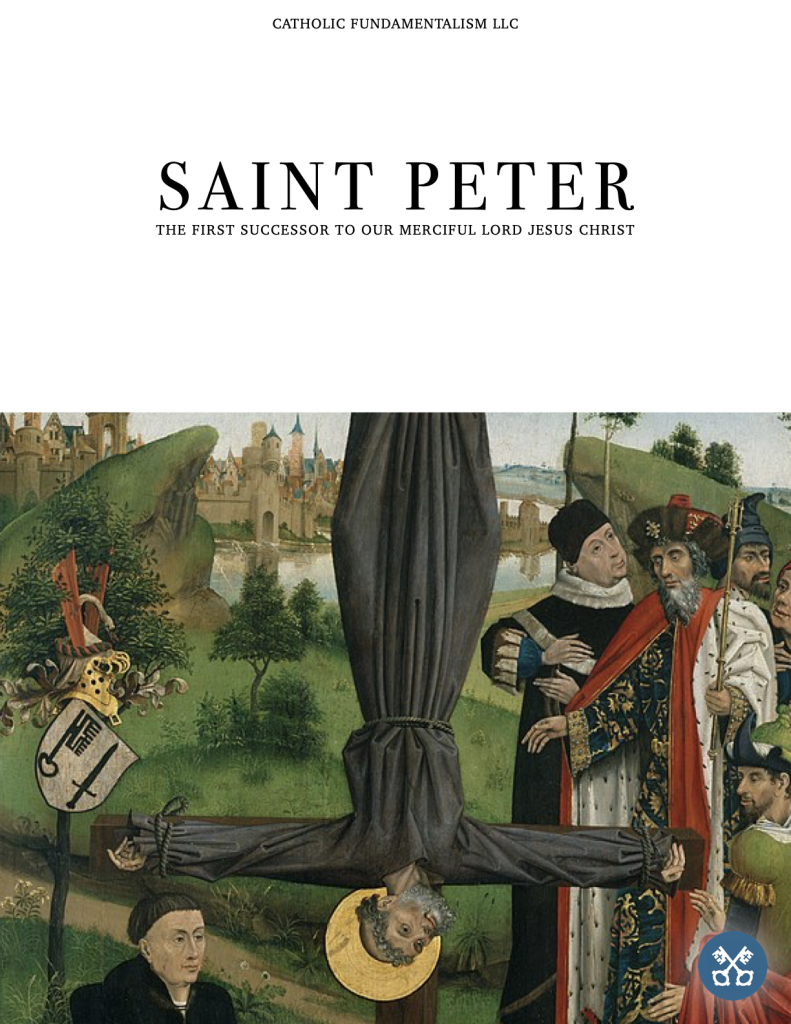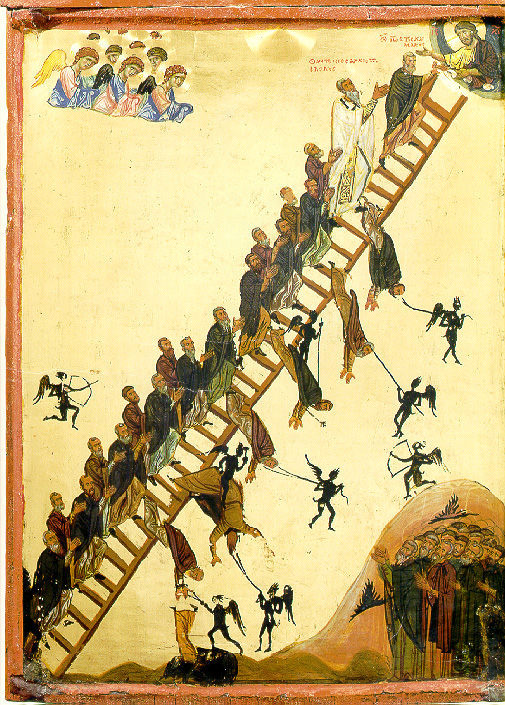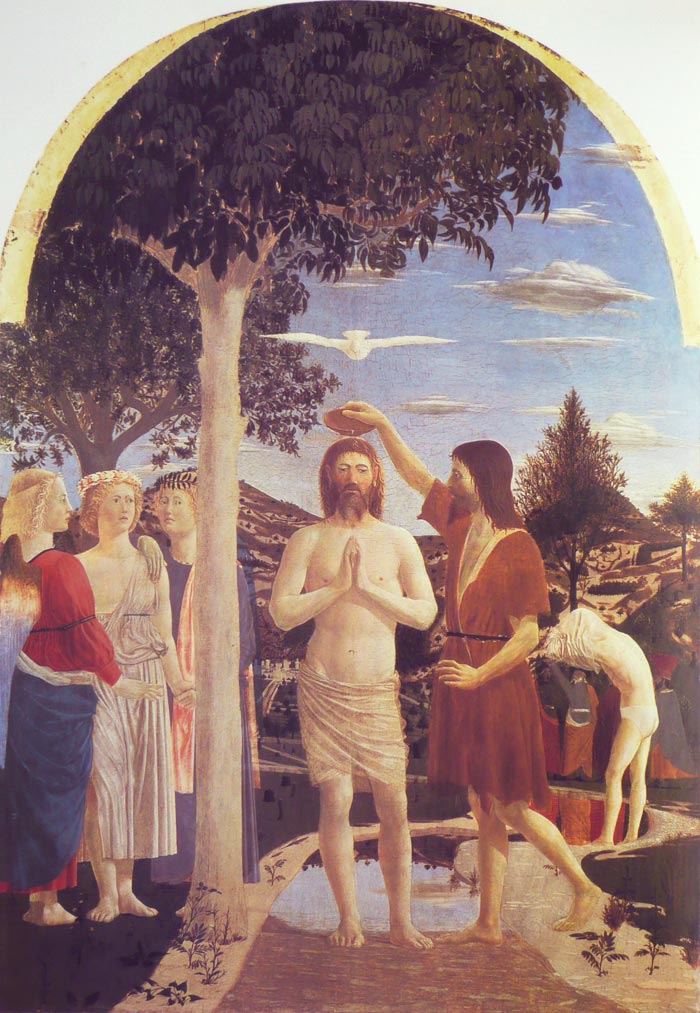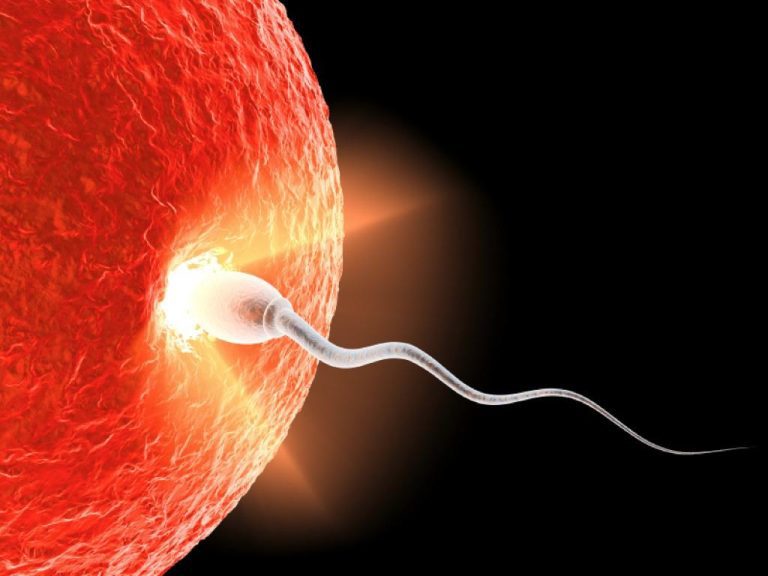People often wonder “Why are there so many different kinds of Protestants?” It’s a good question. It’s been estimated that there are over 40,000 identifiable groups.
Usually, new schisms begin when lower-ranking professionals in one denomination see an opportunity to strike out on their own. Much like starting their own business, assistant pastors often break away with a handful of followers.
They need a couple of gimmicks to separate themselves from others who have separated from their schisms. Many develop a “Marketing Plan”, though it’s usually described as “My Personal Revelation from God”. Sometimes, angels are said to be involved.
All the new schisms try to find something in the Bible that they can focus on. “We call ourselves ‘Nazarene’ because the Bible said ‘He will be called a Nazarene’. One tiny group calls itself “Berean”, because St. Paul once uttered a phrase or two in praise of the town by that name with an early Catholic flock.
As soon as one sees a schism, one should examine its Marketing Plan. One will quickly see opportunities for new schisms, based on new, subtle differences that have become apparent over time.
Could God have a reason for wanting so many schisms? Probably not. Why are there Protestants? Each year, some tiny percentage of those in schism do learn enough to leave. A few are blessed with the realization that their group does not offer life.
When a serious, Bible-believing Protestant becomes familiar with “If you do not eat My Body and drink My Blood, you do not have life in you.”, the brighter ones reflect on this fact: “Only One Church provides His Body and Blood. Interestingly, it was begun by Peter, to whom Jesus said, “Thou art Peter and on this rock I build My Church and the gates of hell shall not prevail against it.”
Those with the wisdom to understand, and the courage to move up, become Catholics. What else can such a person do?





